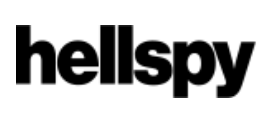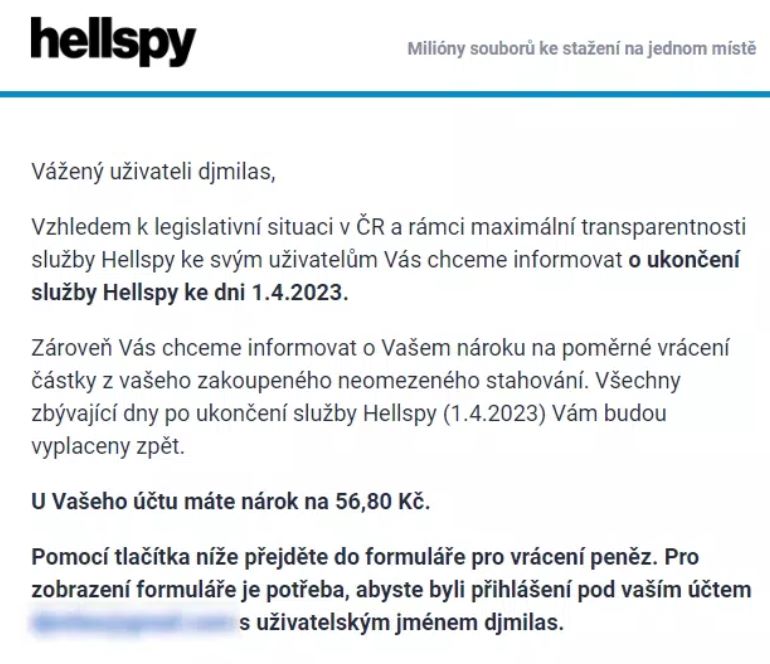To the global audience, Hellspy may not be a household name, but in the Czech Republic, it’s widely known.
Founded in 2009, the file-sharing and hosting platform grew out to become one of the country’s most-visited websites. This didn’t go unnoticed by copyright holders, including the RIAA, who repeatedly complained about widespread piracy on the platform.
Operating in the face of legal pressure is a challenge, but Hellspy always felt that it had the law on its side. If users uploaded copyright-infringing content, the company would swiftly remove it after being notified by rightsholders.
EU Copyright ‘Filter’ Directive
This approach worked well for Hellspy and its parent company, I&Q Group. However, when the new EU Copyright Directive passed a few years ago, dark clouds started to form. The indirect upload filter requirements it contained were particularly troublesome.
Article 17 of the Copyright Directive requires online services to license content from copyright holders. If that is not possible, service providers must ensure that infringing content is taken down and prevented from being re-uploaded to their services.
Many operators of online services interpret this as an indirect upload filter requirement, as that is the only way to ensure that content remains off the platform.
Voluntary Filters
Hellspy also came to this conclusion. Late last year it decided to voluntarily implement filtering technology. This was much needed, as the Czech Republic planned to update its copyright law in January 2023, to comply with the new EU rules.
The upload filters were implemented in collaboration with the local Association of Commercial Television (AKTV). According to early comments from I&Q Group CEO, Jan Hřebabecký, these appeared to be working well.
“[T]hey provide relatively easy and effective filtering of copyrighted content, which is especially important for services of our type in light of the upcoming amendment to the copyright law, which imposes new obligations on us in this area,” Hřebabecký said.
Hellspy stressed that wasn’t happy with these changes but it respected the law. This meant that upload filters were the only viable way to keep the service afloat.
Hellspy Announces Shutdown
Fast forward a few weeks, and Hellspy reached an entirely different conclusion. The site notes that the new legislation places disproportionate burdens on user-generated content platforms. And despite its earlier commitment to start filtering, it has now chosen to shut down.
“Given the legislative situation in the Czech Republic and the maximum transparency of Hellspy to our users, we want to inform you about the end of Hellspy on 1.4.2023,” the site wrote in an email to its users, shared by novinky.cz.
While announcements involving April 1st should always be treated with caution, there are no apparent signs that Hellspy is joking. According to the email, users can request a refund if their paid access plan extends beyond the shutdown date.
Traffic Plummeted
The file-sharing site doesn’t go into detail to explain why it chose to shut down after all. The initial reaction suggested that the technical filtering implementation wasn’t particularly problematic.
In addition to the filters, Hellspy reportedly disabled the search functionality as well. These measures had a direct impact on visitor numbers, which plummeted to new lows in recent months. This is likely to have factored into the shutdown decision.
Hellspy is not the only Czech file-sharing platform that has responded to the new law. Ulož.to, which refuses to implement upload filters, remains online but now points its users to a third-party site to search for content.
 To the global audience,
To the global audience, 




